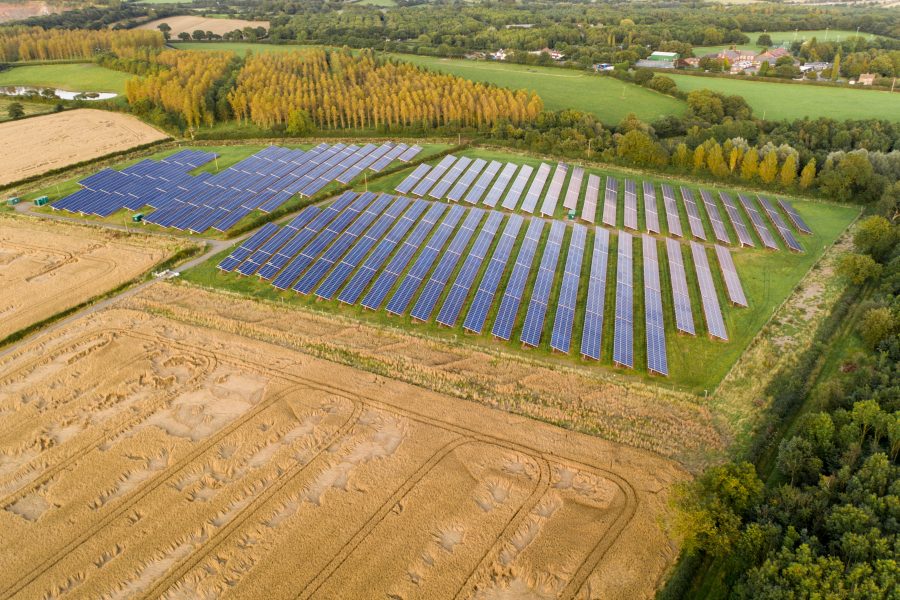With direct payments under the basic payment scheme ending at the end of the 2023 scheme year, to be replaced by delinked payments until 2027 and then, to a certain extent, Environmental Land Management schemes, diversification is becoming more important than ever.
In line with the push for net zero, one option available to landowners is to consider allocating land to green energy projects such as solar and wind power. These schemes provide landowners with a reliable income stream, and larger projects are typically more lucrative than traditional farming.
The general focus is currently on solar, with onshore wind taking a back seat due to a de-facto ban since 2015. Although recent amendments to the national planning policy framework hope to improve the chances of future onshore wind development projects by giving local authorities more flexibility to approve suitable planning applications, it remains to be seen whether or not the changes have the desired effect.
The safer bet, therefore, continues to be with solar projects, and it is clear that policy is changing. Depending on the class of land available in the local area, and the availability of grid connection points, as of this year planning permission for renewable energy projects has been granted on grade 1 agricultural land and land near an Area of Outstanding Natural Beauty.
Landowners looking to diversify in this way have a number of options available to them. The most common solution is to enter into an option agreement with an operator for the grant of a lease.
The operator applies for planning permission for a new generation site and, if it receives the desired planning permission and grid connection, it can elect to take a lease of the land for a period, typically 40 to 50 years. During this time the operator will pay a rent based on the extent of the land and the generating capacity of the site.
Before the lease is completed, the landowner can typically use the land for farming, so that no time is wasted.
If the operator’s planning application is successful but it chooses not to lease the land, the landowner will have a more valuable property that it can market to other operators who may be interested now that the land already has the benefit of planning permission.
The team at Whitehead Monckton handles all forms of development work and would be happy to assist landowners in their efforts to diversify.







